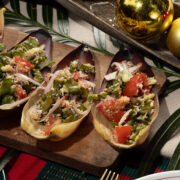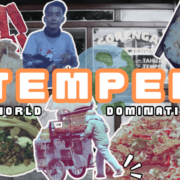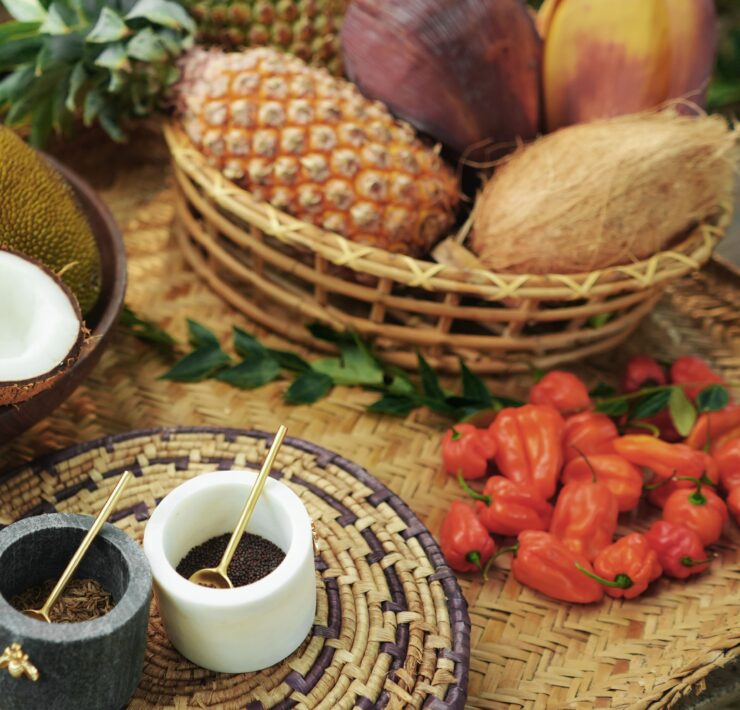Costa Rica: A Tropical Paradise Embracing Plant-Based Living
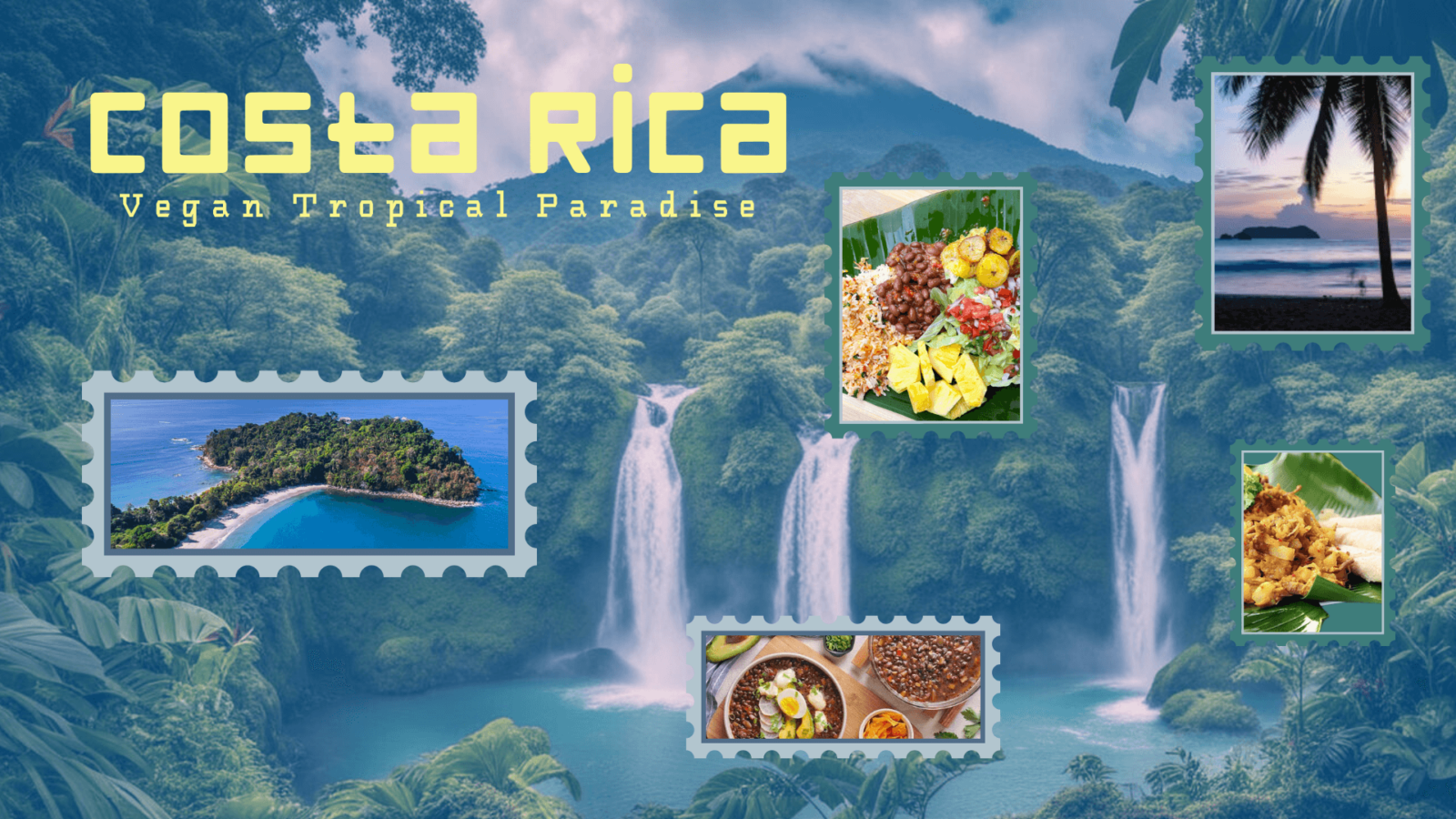
Costa Rica, a vibrant nation in Central America, acclaimed for its lush rainforests and stunning beaches, has recently become a hotbed for vegans and vegetarians alike. Driven by a fuse of their commitment towards sustainability, thriving eco-tourism, emerging health-consciousness and deep respect for the land, Costa Rica’s vegan lifestyle is the perfect global trend reflection of healthier living.
Sustainability Pioneer in Latin America
Kickstarted over 50 years ago, Costa Rica began advocating a series of environmental policies (focused on conservation and renewable energy), which is no use really, considering its within the citizen’s nature to maintain its sustainable development. In fact, its is hardwired so deeply into them, that Costa Rica has placed 39th (a top spot!) in GSCI’s Global Sustainability Ranking last year. Also receiving the 2019 Champions of the Earth award, the highest environmental honor of the UN, after their efforts in nature protection and commitment to combat climate change is triumphantly recognized. As a ‘green economy’ with nearly 99% of its’ energy coming from renewable sources, Costa Rica has one of the world’s most diverse and protected ecosystems that stimulates their intrinsic motivation to preserve its tropical land for future benefits.

Traditional Meals that are Somewhat Vegan
Costa Rica’s traditional cuisine is naturally plant-forward, with staples like rice, beans, corn and a variety of fruits and vegetables. A beloved staple of Costa Rican cuisine, plantains, a starchy fruit often fried, baked, or mashed, adding a sweet and savory flavor to dishes. Eaten with egg for a vegetarian version, or sweet, ripe plantains for a vegan delicacy.
Breakfast Menu
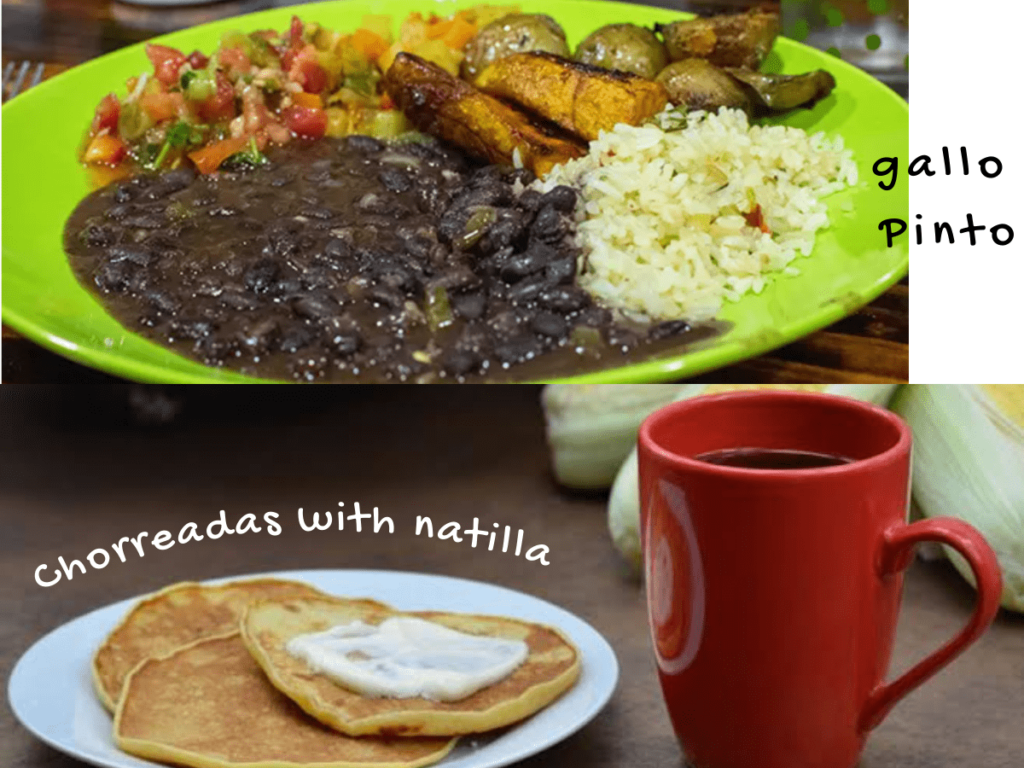
The icon, Gallo Pinto, is a hearty mix of rice and beans seasoned with cilantro, onions and bell peppers with varied sides. Make sure to omit their Lizano sauce, say “Sin salsa Lizano” (without Lizano) as it sometimes contains traces of meat. Whereas the Chorreadas is a sweet or savory corn pancake enjoyed with a dollop of natilla (sour cream) or sugar – the perfect coffee partner.
Lunch and Dinner choices
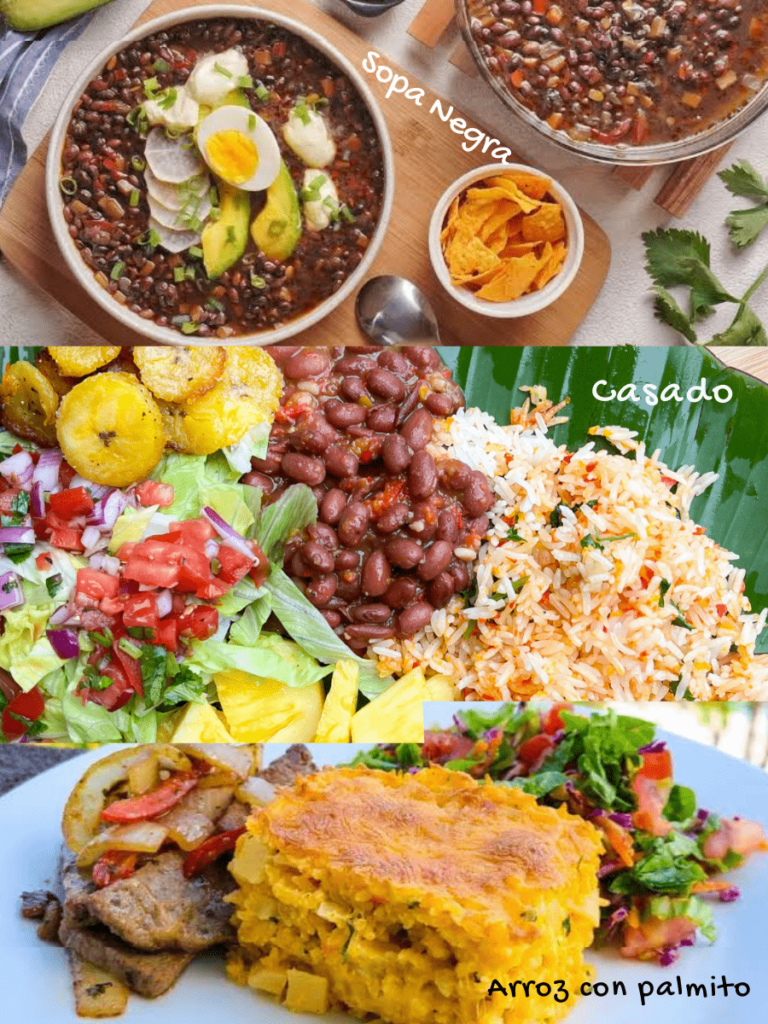
Casado serves a true Costa Rican experience, and typically includes a full plate of rice, beans, salads, and a protein of some kind. Simply request for tofu or tempeh and ask for extra veggies, avocado or fried plantains. Another favourite is Sopa Negra, rich-savoury black bean soup with onions and spices and served with rice and poached eggs (can be omitted for vegans). Don’t miss out on simple arroz con vegetales, rice with a medley of vegetables or arroz con palmito, starring the palm heart.
Snacking Essentials
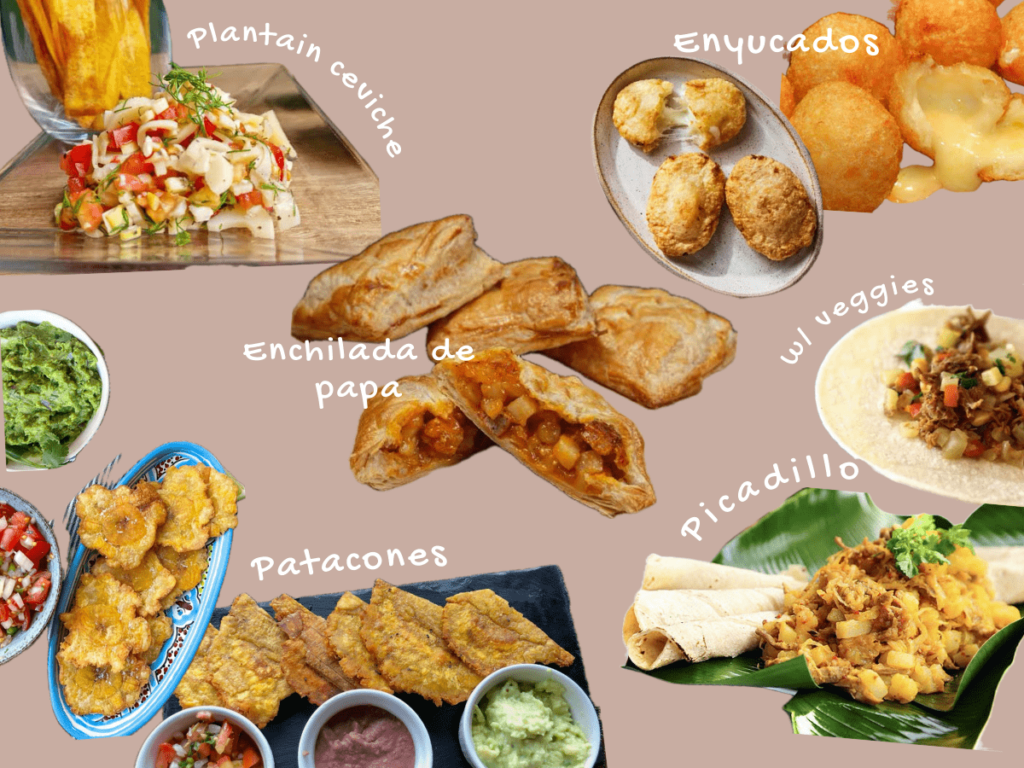
Most sought-after Patacones; are twice-fried green plantain chips – crispy yet super soft on the inside – served with a variety of dips (like fresh Guac, salsa or refried beans) and even shredded lettuce. Picadillo, an ideal Costa Rican snack similar to a hash, consists of small chopped vegetables + some meat and will act as a side dish to Casado (served with tortillas). Next, try enchiladas de papa (potato turnovers) and enyucados (cassava fritters stuffed with cheese) for an enjoyable snack. If you are adventurous, fresh plantain ceviche is a unique appetizer that replaces the traditional fish with plantains – marinated in lime juice and spices.
Dessert Classics
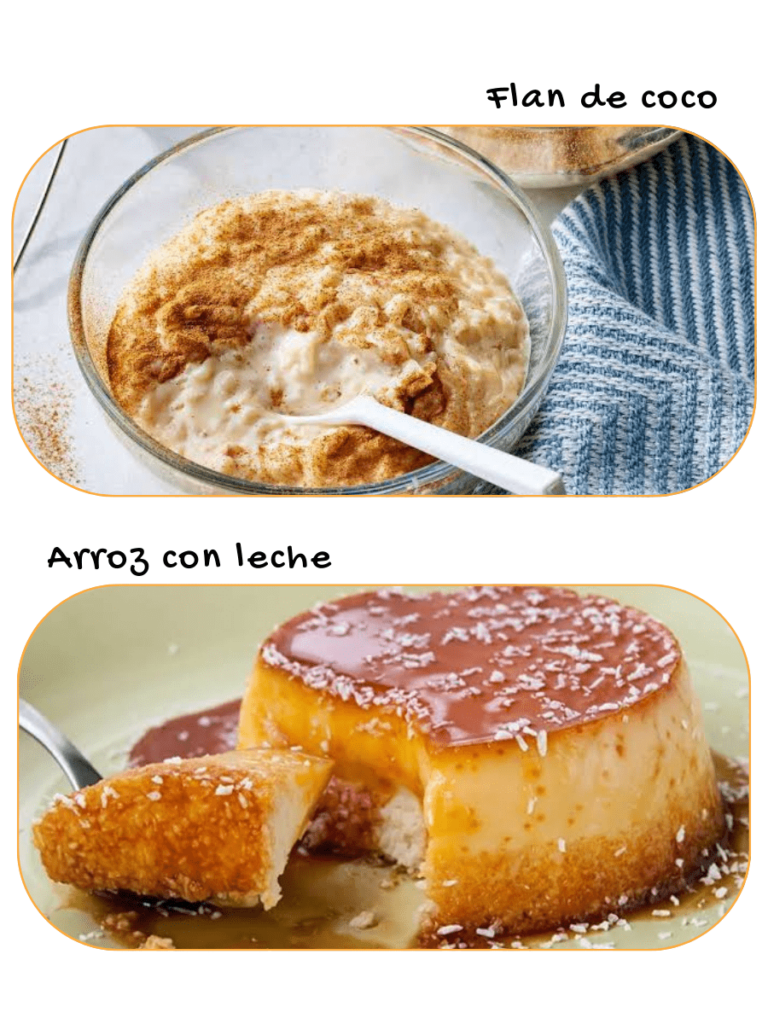
End your meal on a sweet note with a comforting bowl of arroz con leche, a traditional rice pudding made with milk and cinnamon. Alternatively, savor the rich indulgence of tres leches, a sponge cake soaked in three types of milk. For vegan diners, the renowned flan de coco offers a delightful, caramelized coconut custard experience. Some places will offer vegan versions replacing them with plant-based milk and egg substitutes. Batidos, an equally refreshing fruit smoothie, is most enjoyable with plant-based milk.
In several ways, Costa Rican cuisine already lends itself well to veganism, requiring only minimal adjustments to make meals entirely plant-based (a definite win-win!).
Changes (for the better)
The rise of plant-based living extends into restaurants, cafes and food trucks which now offers vegan and vegetarian options. They have shamelessly innovated fusion cuisine by tweaking their traditional dishes with plant-based substitutes. If you are looking into which regions and cities are vegan friendly, do visit San José (the capital city), Monteverde (eco-tourism spot with strictly no animal killings), Puerto Viejo (known for its Afro-Caribbean influence), Tamarindo & Santa Teresa (Surfing destination), La Fortuna (near the Arenal Volcano) and Manual Antonio (famous for its national park), to name a few.
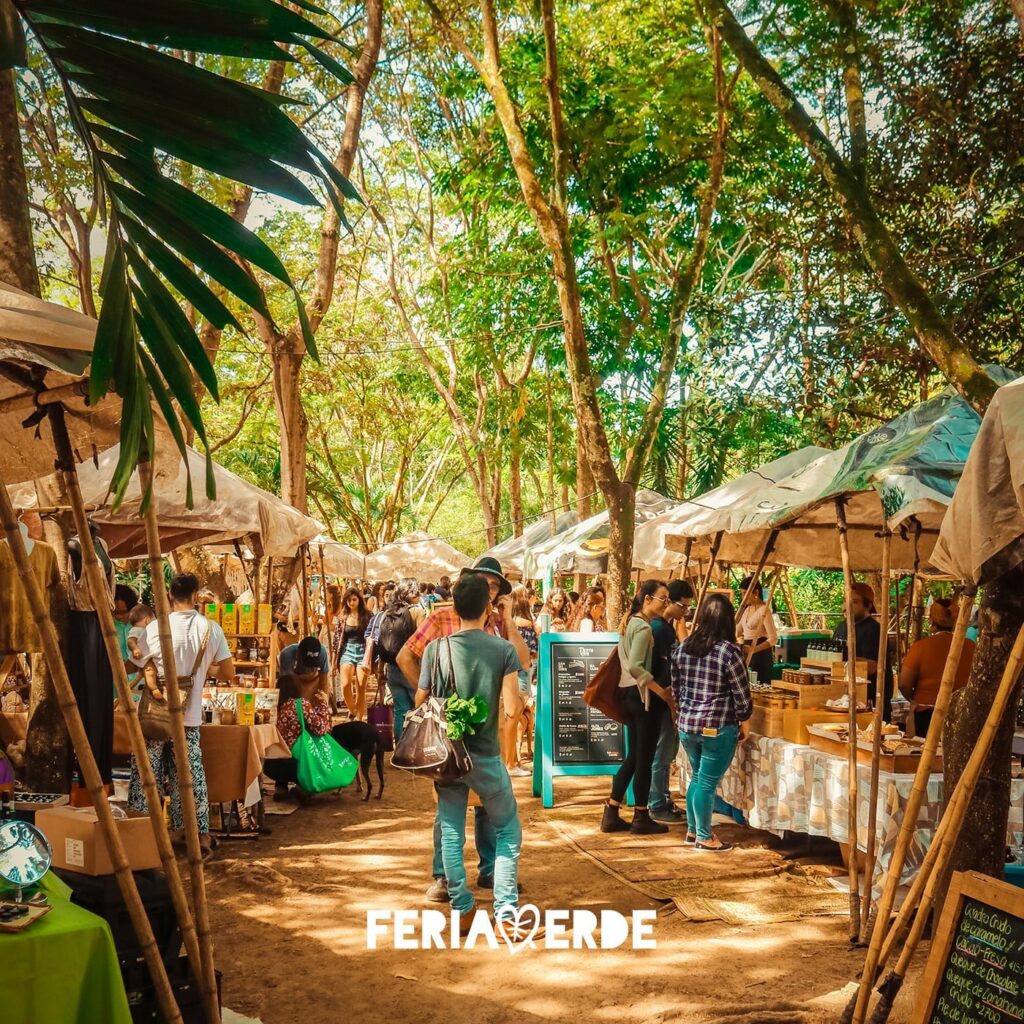
Moreover, a burgeoning number of health food stores are providing a wide range of plant-based treasure troves, while Costa Rican farmers’ markets (feria verde) are gaining much-deserved attention for their locally sourced and fresh produce selections. Besides the normal (fresh) fruits that can be found elsewhere, we suggest trying Pejibaye, a peach palm fruit served boiled and Tacaco, a bitter, slightly controversial fruit only found in Costa Rica. For interesting veggies worth exploring, seek pipián (peek at this Pipian Rojo recipe) & ayote (pumpkin squash), yucca (cassava that can be made savory or sweet), camote (sweet potato) and tiquisque (yam-like).
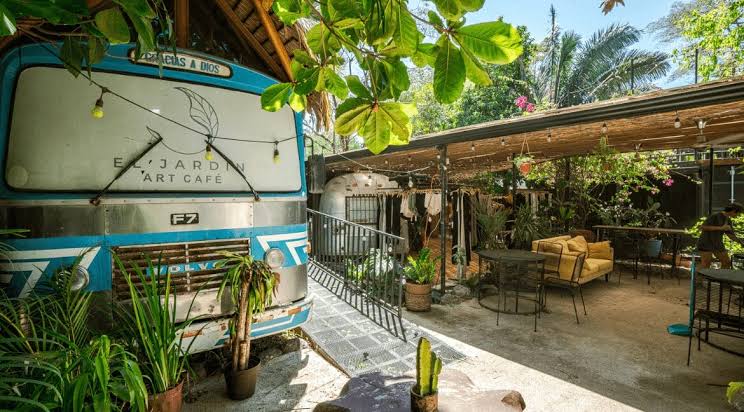
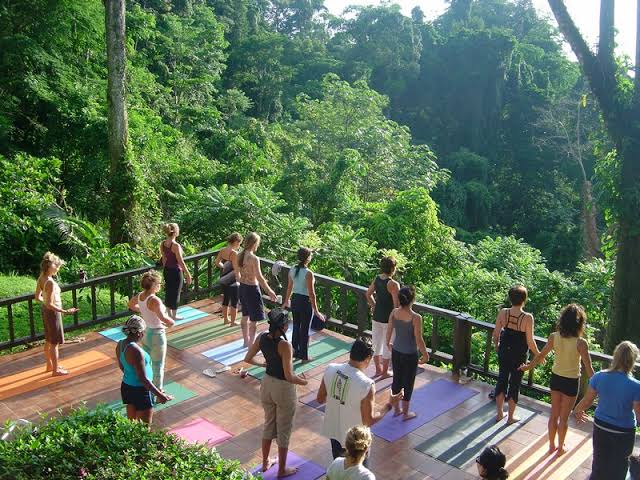
Not with the intention to overshadow its food options (obviously), but Costa Rica’s overwhelming beauty flourishes itself into an ideal destination for yoga retreats and wellness centres like Imiloa, an eco-retreat centre (with vegan options) situated in Dominical’s Jungle. Various workshops in Nosara have tailored alternative programs as well, like vegan and vegetarian cooking classes, for example, attracting travellers to try their local produce.
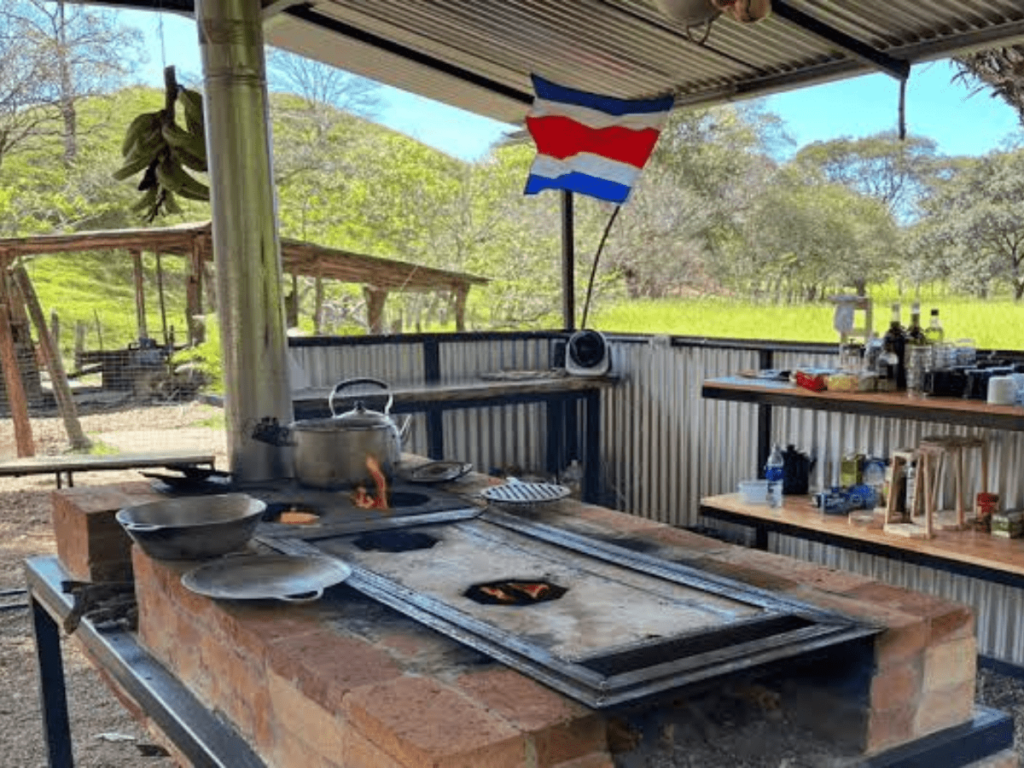
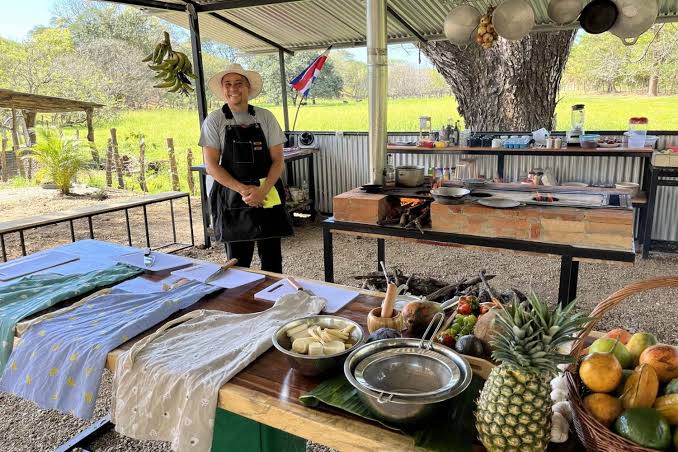
Future Footsteps
By embracing plant-based living, Costa Rica is not only promoting individual health and well-being but also contributing to a more sustainable future. Their abundance of plant-based ingredients, flexibility in adapting traditional foods, and continued growth and development will poise their healthy movement to flourish, resulting in veganism to be even more integrated into their culture. Acting as the sustainable leader in Central America will only inspire others (following their footsteps) to adopt Costa Rica’s compassionate and environmentally friendly lifestyle.
What's Your Reaction?
Meriel is just your normal Indo girl trying to navigate her early twenties. When she’s not busy with her 9-5, you’ll find her sleeping, watching a film or prepping herself for when a creative idea decides to stick around for the long run.


